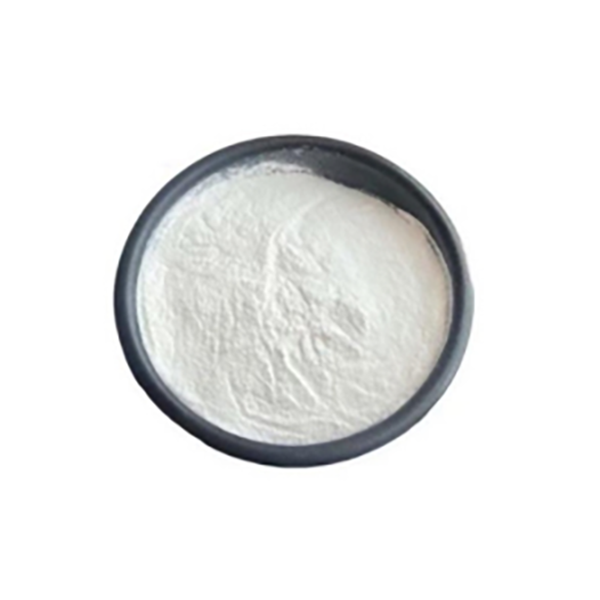Action Principle
Promote the Synthesis of Rooting Substances
Seaweed extract is known to stimulate the production of natural rooting substances in plants, leading to enhanced root growth. By promoting the synthesis of these key substances, it aids in better root development, allowing plants to absorb nutrients and water more efficiently, resulting in healthier plants with stronger root systems.
Promote Cell Division and Elongation
One of the key benefits of seaweed extract is its ability to promote cell division and elongation. This leads to accelerated plant growth, especially during the early stages of development. The natural growth hormones found in seaweed extract ensure that cells divide and expand, boosting the overall size and health of the plant.
Promote Plant Metabolic Activity
Seaweed extract helps to increase the metabolic activity of plants. By enhancing the efficiency of enzymatic processes, it allows plants to utilize nutrients more effectively. The boost in metabolism also supports faster plant growth, better resistance to diseases, and improved overall plant health.
Improve Plant Stress Resistance
Seaweed extract is rich in antioxidants and other beneficial compounds that strengthen plant cell walls, helping them better withstand environmental stresses. Whether it’s extreme temperatures, drought conditions, or pest attacks, plants treated with seaweed extract exhibit improved resistance to various stress factors, ensuring consistent growth even in challenging conditions.
Characteristics and Effects of Different Active Compounds in Seaweed Extract
Amino Acids
Seaweed extract contains a wide range of amino acids, which play a vital role in plant growth. These amino acids help in the formation of proteins and enzymes necessary for plant development. By enhancing protein synthesis, seaweed extract promotes healthier and more robust plants.
Vitamins and Minerals
Rich in essential vitamins and minerals, seaweed extract nourishes plants by supplying nutrients that support their natural growth processes. These nutrients help plants develop better root systems, improve their metabolic functions, and ensure that they receive the necessary building blocks for survival and reproduction.
Natural Growth Regulators
The natural growth regulators found in seaweed extract, such as auxins, cytokinins, and gibberellins, have a direct impact on various plant growth processes. These compounds assist in regulating cell growth, flower and fruit development, and root formation. The balanced combination of these regulators ensures that plants grow efficiently and healthily.
Polysaccharides
Polysaccharides in seaweed extract are known for their ability to enhance the plant’s immune system and increase its resistance to environmental stresses. These compounds help fortify plant cell walls, improving the plant’s ability to resist diseases and adverse environmental factors.
Related Experimental Data
Seaweed Extract for Corn
In corn farming, the application of seaweed extract has led to improved root development and increased nutrient uptake. Corn plants treated with seaweed extract exhibited enhanced growth rates and greater resistance to disease, resulting in higher yields and more robust plants.
Seaweed Extract for Tomatoes
Tomatoes treated with seaweed extract showed improved fruit quality and better overall growth. The extract helped boost the tomato plant’s immune response, reducing the likelihood of diseases like blight and enhancing the fruit’s size and flavor.
Seaweed Extract for Soybeans
Soybean crops benefited from seaweed extract by experiencing healthier root systems, increased nitrogen fixation, and better tolerance to stress conditions. This resulted in higher soybean yield and improved plant resilience during adverse weather conditions.
Conclusion
Seaweed extract is a powerful and natural plant growth enhancer that offers numerous benefits to crops. Rich in amino acids, vitamins, natural growth regulators, and polysaccharides, it improves root development, boosts plant metabolism, and enhances stress resistance. As proven by experimental data, its effectiveness in improving plant health and increasing crop yield makes it a valuable tool for sustainable agriculture.




